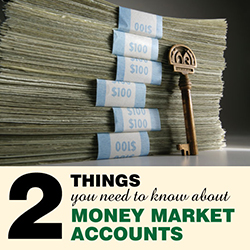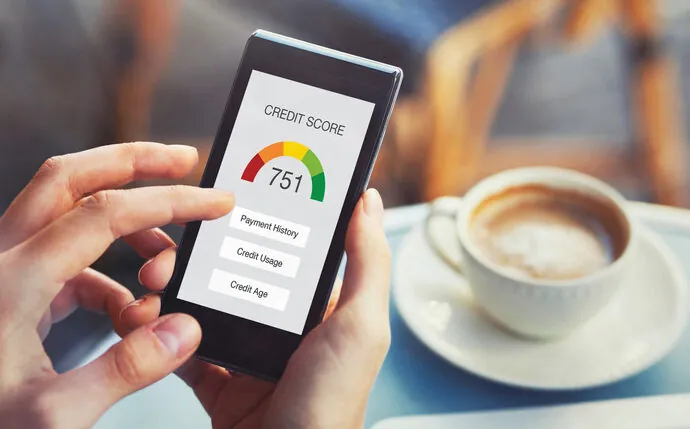
“To those who use well what they are given, even more will be given, and they will have abundance. But from those who do nothing, even what little they have will be taken away.” (Matthew 25:29)
“Do you have any savings?” It’s a big question, with equally big implications for your financial future. Whether you’re putting money away for a dream vacation, a new car, or an emergency fund that you can rely on in case of a job loss or other unexpected expense, saving now can (literally) pay off big dividends later.
A traditional savings account can help you tuck money away if you don’t think you’ll need it for a while. Savings accounts have a minimum daily balance; if this minimum daily balance is not met, fees will post to the account.
If you’d like to put some money into an interest-earning account, but you want a little more access to that money, a money market account (MMA) can be a good option. Both savings and money market accounts have conditions regarding transfers and withdrawals that can be made, so it’s a good idea to make sure you can work with those limits.
Before opening your account, however, here are two things you’ll need to know.
- Money market accounts are more flexible than a savings account. While the six-transfer limit still applies to money market accounts, you can write up to six checks per month on your money market account, which can make MMAs a good way to save up an emergency savings fund, house down payment fund, or other lump sum of money you’d like to grow over time.
- MMAs pay higher dividends than savings accounts. MMAs typically require a higher opening balance (and a higher minimum daily balance) than a savings account, but pay higher dividends on your savings.
The flexibility and high dividends available with money market accounts make them an attractive option for savings; they’re great for money to which you don’t anticipate needing regular, repeated access, but that you don’t want to lock up indefinitely either. Shop around for the best rates and be sure to ask questions so you can choose the type of account—and the financial institution—that’s right for you.
This article should not be considered legal, tax, or financial advice. You may wish to consult a tax or financial advisor about your individual financial situation.



